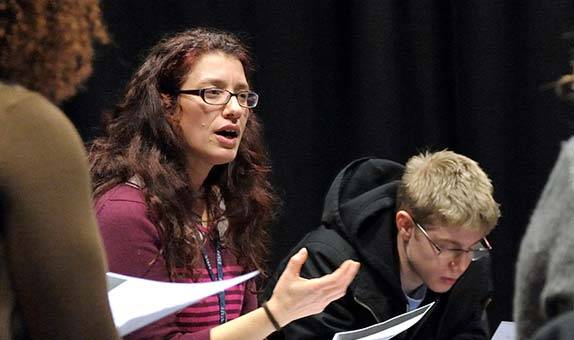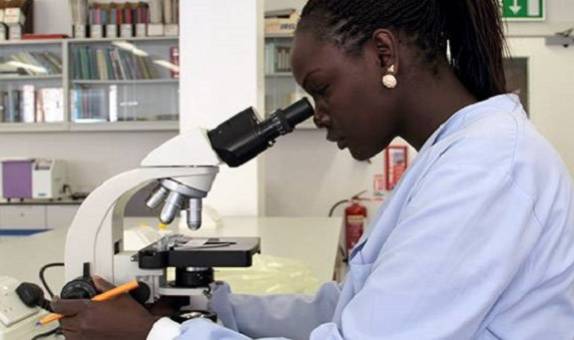Establishing an international treaty to secure environmental rights in Latin America and the Caribbean
Research at Kingston University is helping to change the face of environmental justice through an international treaty.
Dr Belén Olmos Giupponi, of Kingston's Department of Law, has conducted important work to strengthen and improve participation in environmental rights. These are human rights that deal with the access, distribution and use of environmental resources.
Dr Olmos Giupponi's work has been vital in the discussion, drafting and implementation of the Regional Agreement on Environmental Access Rights, also known as the Escazú Agreement (EA). The EA is the first international agreement that legally frames environmental access rights, a subset of environmental rights, which include the right to access information, the right to participate in decision-making and the right to environmental justice.
The Escazú Agreement improves access and engages vulnerable groups in environmental justice.
This helps countries centre their people in their quest to preserve their strategic natural heritage. The treaty was first proposed in 2012 by countries in Latin America and the Caribbean (LAC). Dr Olmos Giupponi contributed to the drafting of the EA by detailing ways to access environmental justice and foster sustainable development in the LAC region. Regional disparities, such as national infrastructure and judicial inequality, can create obstacles to the effective implementation of the EA.
Dr Olmos Giupponi brought these issues to the attention of regional governments, helping secure new provisions to the treaty and ensuring that its policies are effective. She also co-authored a report that laid out the problems with the implementation of the EA and provided guidelines for the creation of a Compliance Committee. This report, bilingual in English and Spanish, was distributed to all the countries aiming to participate in the EA.
Dr Olmos Giupponi participated in discussions on environmental justice as part of the treaty. She analysed the EA's provisions and proposed alternative and informal methods of environmental conflict resolution. She helped guide the implementation of the EA in various countries. Her training sessions provided the local judiciary with the tools to protect environmental access rights under the EA.
Dr Olmos Giupponi also supported indigenous peoples in LAC by applying the EA to protect their rights, environments and cultural identities.
She did this by highlighting the right to prior consultation and the need for international cooperation in the case of climate change. According to Dr Olmos Giupponi's research, the key to informal environmental conflict resolution between citizens and the authorities is public participation in decision-making. By recommending revisions to local policies, she helped enable a more effective and accessible implementation of the EA.
To date, the EA has been ratified by 12 of its 24 signatories. Dr Olmos Giupponi's work is smoothing the way for the ratification and implementation of the Escazú Agreement in all LAC countries. This is the first step towards ensuring that environmental rights become indisputable and that a safe and sustainable environment is accessible to all.
Contact us
- For non-student research enquiries, email the Research Office
- For research impact and REF enquiries, email the REF and Impact Team.
- Research contacts
- How to get to Kingston University















